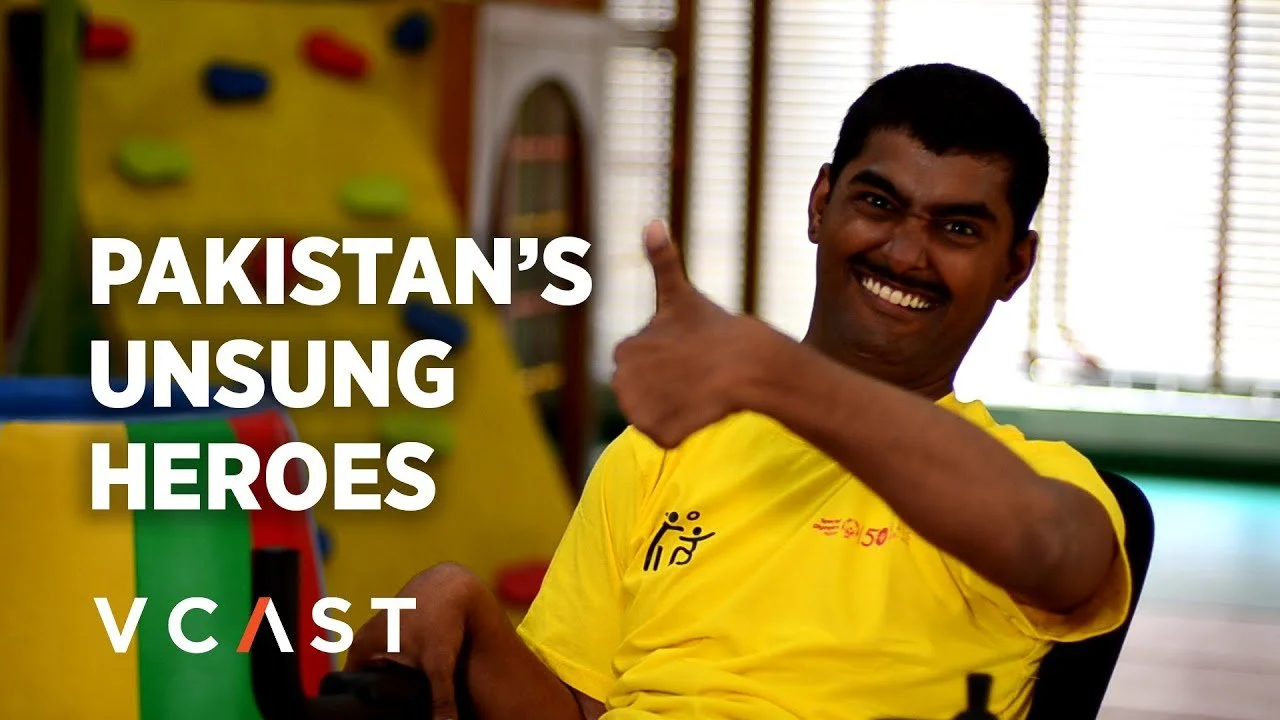A Champion Spirit: Kulsoom Hazara
"When you carry passion inside you and the spirit of patriotism, you forget about the injuries. The only thing in your mind is winning gold and making Pakistan’s name shine."
Kulsoom Hazara is the only Pakistani female karateka to have won multiple gold medals on the international stage, and she is an icon for a generation of girls navigating their way through sport and society. Her journey is not only about medals and titles, but about transforming loss into leadership and silencing the voices that said it couldn't be done.
Kulsoom’s story begins in tragedy. She lost her mother to cancer when she was just one and a half, and her father to a heart attack by the age of seven. Raised by her sister and brother-in-law in Quetta, she found herself in the care of a man who was both her guardian and would become her first karate coach. He saw a woman hit a man who was bothering her in self-defense. Impressed by her, he told Kulsoom: "You should learn karate. You like playing boys’ games anyway.”
She started training in a club where she was the only girl — an intimidating, male-dominated space where she was often teased or underestimated. But she did not give up because of her coach's steady encouragement. Even though she did not take karate as seriously, he believed she would one day represent Pakistan.
That belief became her fuel — especially after tragedy struck once again. In 2003, following the family’s move to Karachi, where they hoped for a safer environment than Quetta, her brother-in-law was killed in a targeted attack. For Kulsoom, it was the end of childhood and the beginning of a new journey:
“When my coach was targeted, that was the first time I truly felt like an orphan. But I remembered his wish — that I go to the international level and win a medal for Pakistan.”
From that point onward, karate became more than a sport. It became a mission. Kulsoom channeled her grief into training and discipline, dedicating her energy to both education and athletics. Her sister struggled financially, so Kulsoom matured quickly, learning not to ask for things she knew couldn’t be provided. Instead, she focused — eventually earning a Master’s degree in Health and Physical and Sports Science from Karachi University.
She describes herself as once being quick-tempered, but says karate instilled calm, patience, and control. That mental discipline shaped her both as an athlete and a person. She laughs at the common assumption that karateka go around fighting at home — when in truth, the sport taught her the opposite: restraint, patience, and calmness.
Her competitive career reflects that composure turned into confidence. She won her first international gold medal in India — a match that felt particularly meaningful, as she felt that she had fulfilled her late brother-in-law and coach’s dream. Later, at the South Asian Games, she stood on the podium overwhelmed with pride as Pakistan’s anthem played and its was flag raised above all others — a defining milestone in her journey.
But Kulsoom’s story is not just her own — it’s deeply tied to her identity as a member of the Hazara community, which has endured decades of targeted violence in Pakistan. Despite these hardships, she highlights how her community continues to move forward — making contributions in sports, education, and civic life, driven by love for their country.
Today, she mentors the next generation of girls in karate — many of whom now look up to her as their first role model in sports. She often reflects on how she had to find her way without guidance but now proudly helps young athletes understand techniques, training, and mindset.
She also addresses the cultural fears that hold many girls back. Many girls confide in her about warnings they’ve heard: that karate could cause physical harm, damaging their future marriage prospects. But she believes that those are outdated fears, not grounded in reality. Injuries are part of any sport — but none of those fears ever came true for her or her peers.
Despite her success, she feels overlooked by the very system she has represented. She expresses disappointment with the Sindh government, where recognition and support have been notably absent — even after major wins. Meanwhile, the federal government has shown appreciation, but her own city’s silence has been discouraging. She worries that this lack of acknowledgment could demotivate younger athletes from pursuing sport seriously.
Her message to parents and policymakers is clear: whether in sports, education, or any other field, children deserve the chance to come forward, develop their skills, and bring pride to their families and to Pakistan.
Kulsoom's story shows one athlete's struggle against immense odds. What can we do, as a community, to actively seek out and support the next generation of talent so they don't have to fight alone? Let us know in the comments.
This feature has been produced in collaboration with Gatorade Pakistan.
This article was developed with the assistance of AI tools.




